Your Body "Type" Probably Isn't What You Think


If you've flipped through a fashion magazine over the past several years, you probably know what it's like to be assaulted with a series of seemingly random "shapes"—"apple," "ruler," or, my personal favorite, "boy-ish," for example—along with the demand that you pick one to objectify your own body. In truth, this is the dehumanizing ritual that comes to mind whenever I hear or read about somatotypes, a concept that suggests that all people can sort themselves into three body shapes: ectomorph (lean and lanky), endomorph (curvaceous), and mesomorph (athletic). First developed by American psychologist William Sheldon in the 1940s, the concept suggests that our body types predispose us to a certain temperament, intelligence, and even morality.
To be clear, the idea that we can categorically sort ourselves into just three body "types" is incredibly reductive, not to mention exclusionary. (Are we really going to pretend that my body fat percentage has anything to do with my personality—and worse, pass it off as "science"?) But while Sheldon's original taxonomy is now considered wildly outdated (and wrong on so many levels), I do think there is something to be said for taking a more nuanced approach to this line of thinking—that is, going beyond the shape of our bodies to assess our emotional and behavioral patterns and, in turn, better prescribe wellness habits that complement those tendencies.
I found myself immersed in this very concept during a recent stay at the Rancho Valencia resort and spa, just north of San Diego. The spa program at the resort centers itself around this more comprehensive (and inclusive) definition of somatotypes as a way to offer tailored treatments to its clientele. Guests are encouraged to take a short quiz prior to their arrival, which centers more on personality than anything else (questions include "Which word best describes your behavior in a group setting?" and "When it comes to exercise, which aspect do you most enjoy?").
From the treatment types down to the different essential oils used in each one, every element is selected to complement and balance a client's resulting constitution—a term the spa actually prefers to use over "somatotype," since the latter generally refers to physical attributes only, says spa director Kristi Dickinson. I immediately identified with the traits of an ectomorph—highly sensitive, introspective, and observant—and really did feel that my resulting treatments were made for me. The highlight was a Zen-Touch massage, which I can only describe as the marriage of yoga and shiatsu: Basically, the practitioner manipulated my body into dynamic, deep stretches until I felt as though I was keenly aware of every muscle in my body. As a classic overthinker, I found it empowering to realize I could channel that energy into something far more mindful.
And that's kind of the point. While it's not necessarily productive to completely box ourselves into any of these "types," there are lessons to garner and adjustments to be made by looking inward. With that in mind, I asked Dickinson for her rundown on each somatotype, as well as wellness recommendations for each. You can kick things off by taking the spa's quiz, or just see if you identify with the traits listed below.
Ectomorph
- observant, analytical, introspective, and sensitive
- strong communication skills and good teachers
"The ecto is very cerebral and tends to get headaches if they don't feel secure," says Dickinson. "They have a highly sensitive nervous system, so we tend to suggest meditation and time alone."
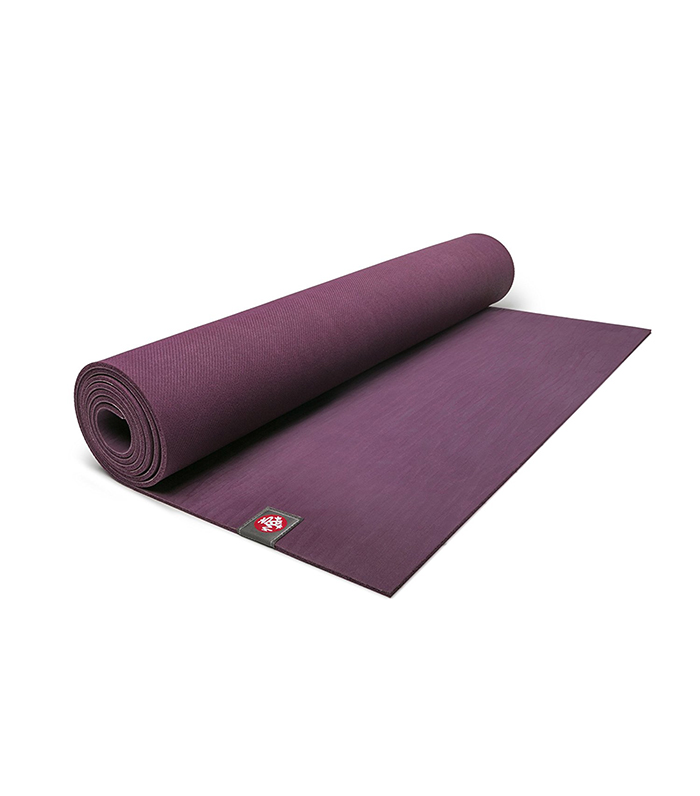
According to Dickinson, ectomorphs should seek balance through grounding, introspective activities like yoga and spending time in nature. (Both reduce cortisol levels, which can, in effect, slow your racing thoughts.)
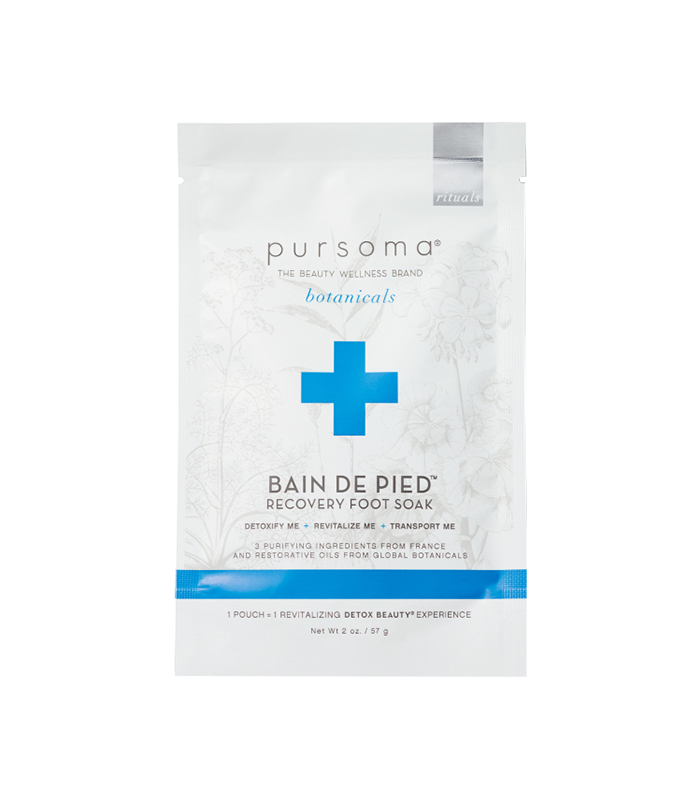
In the same vein, Dickinson and her team like to use products with calming yet uplifting scents like juniper, clary sage, and rosemary. (The spa uses somatotype-specific products from Earth Matters in each treatment.) This foot soak from Pursoma—which contains juniper, algae, and sea salt—might be the perfect way for an ecto to unwind.
Mesomorph
- athletic, dynamic, and enthusiastic
- achievement-oriented and a natural leader
- opinionated yet optimistic
Mesomorphs are all about seizing the day. "They tend to be early risers," says Dickinson. "Mesos enjoy competitive aspects of sports and life." Winning is important to them.
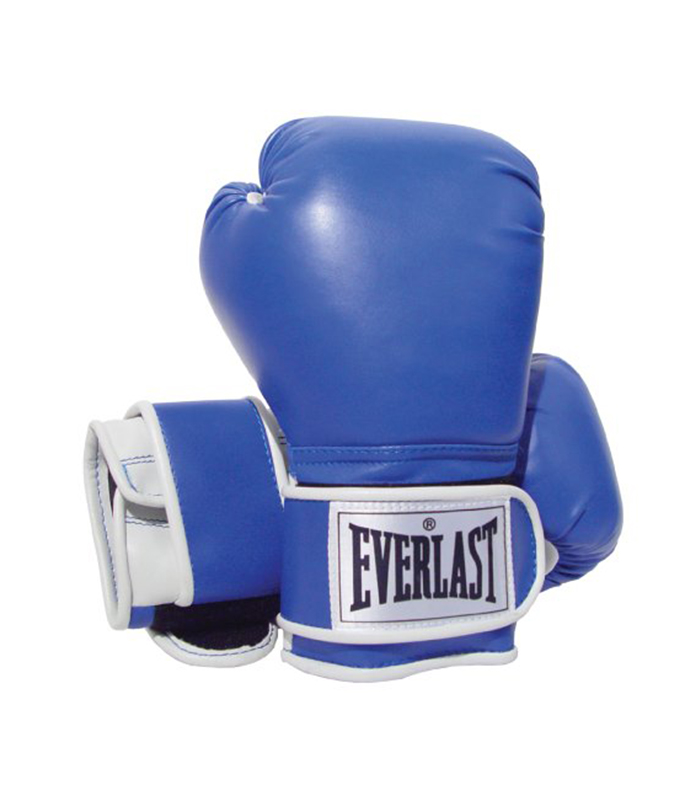
Team sports might appeal to mesos, as will boxing—anything to indulge that competitive streak and release that boundless energy. Mesomorphs also tend to thrive when sticking to a regimented schedule or plan, says Dickinson. In other words, don't be afraid to set goals big and small—you're more than likely to stick to them.
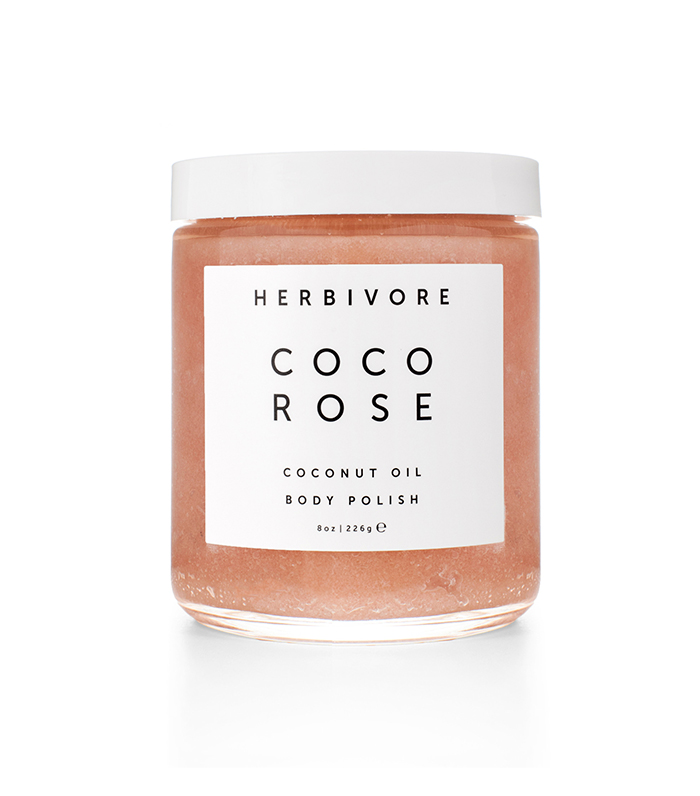
In her experience, Dickinson says mesomorphs tend to enjoy invigorating beauty treatments that get their blood flowing. You might consider picking up dry-brushing or investing in a good scrub—we happen to love Herbivore's body polish, which boasts an addictive rose scent (according to Dickinson, rose is a key essence for mesos).
Endomorph
- social, easygoing, and creative
- nurturers
If you've ever been dubbed the "mom" of your friend group, you might identify as an endomorph. "Social time and community are very important to them," explains Dickinson. Endos prefer a slower pace of life, prioritizing their sleep and relaxation.
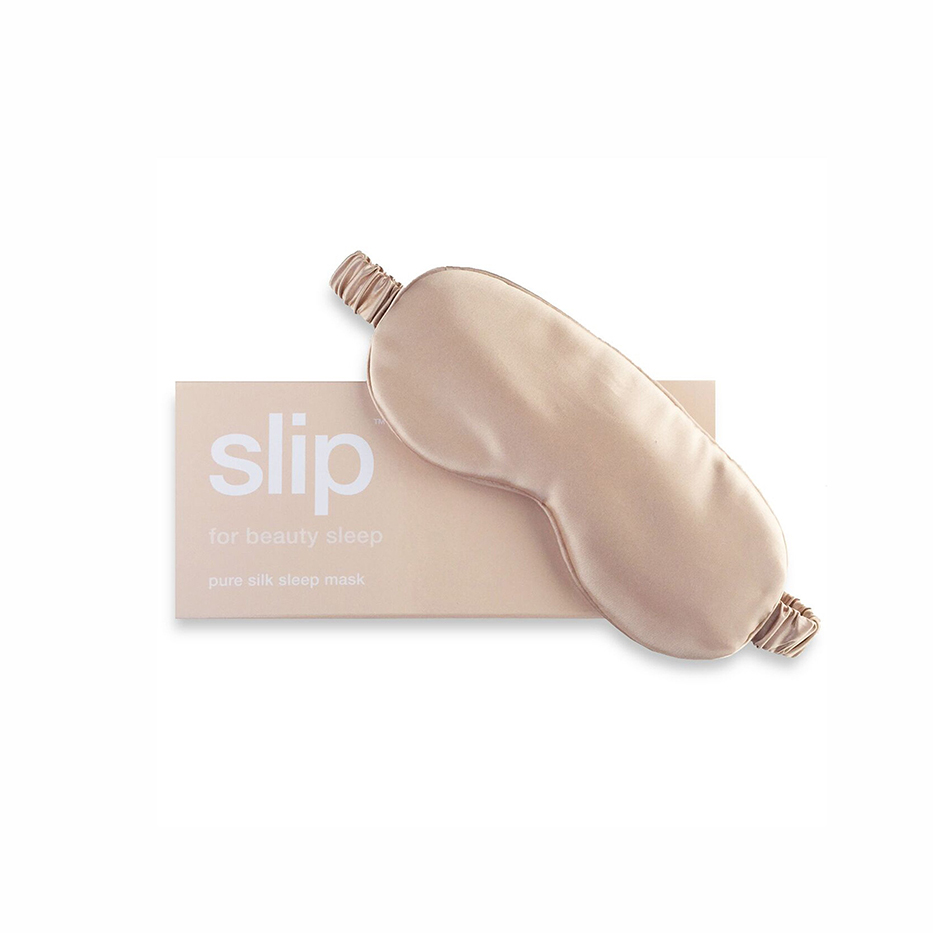
In addition to making sure they get quality shut-eye, endomorphs might unwind by taking long, leisurely walks or getting a pedicure with a friend. Combining socialization with your chill time is your winning formula.
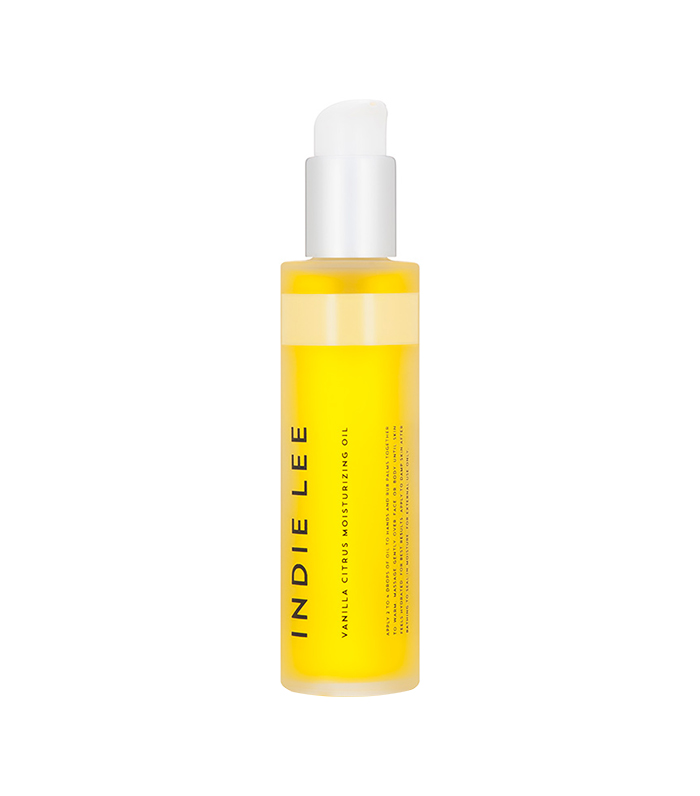
Endos tend toward warm, mood-boosting scents like lemon and cinnamon, says Dickinson. Don't say we didn't warn you: The beachy, vanilla-lemon aroma of this all-natural body oil is downright addictive.Now that you know more about your personal constitution, learn how it might change your approach to working out.Endos tend toward warm, mood-boosting scents like lemon and cinnamon, says Dickinson. Don't say we didn't warn you: The beachy, vanilla-lemon aroma of this all-natural body oil is downright addictive.Now that you know more about your personal constitution, learn how it might change your approach to working out.
Disclaimer
This article is provided for informational purposes only and is not intended to be used in the place of advice of your physician or other medical professionals. You should always consult with your doctor or healthcare provider first with any health-related questions.